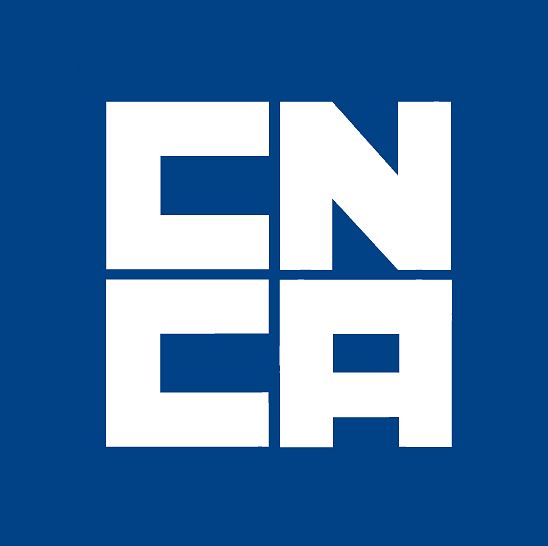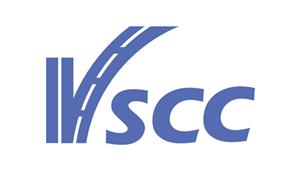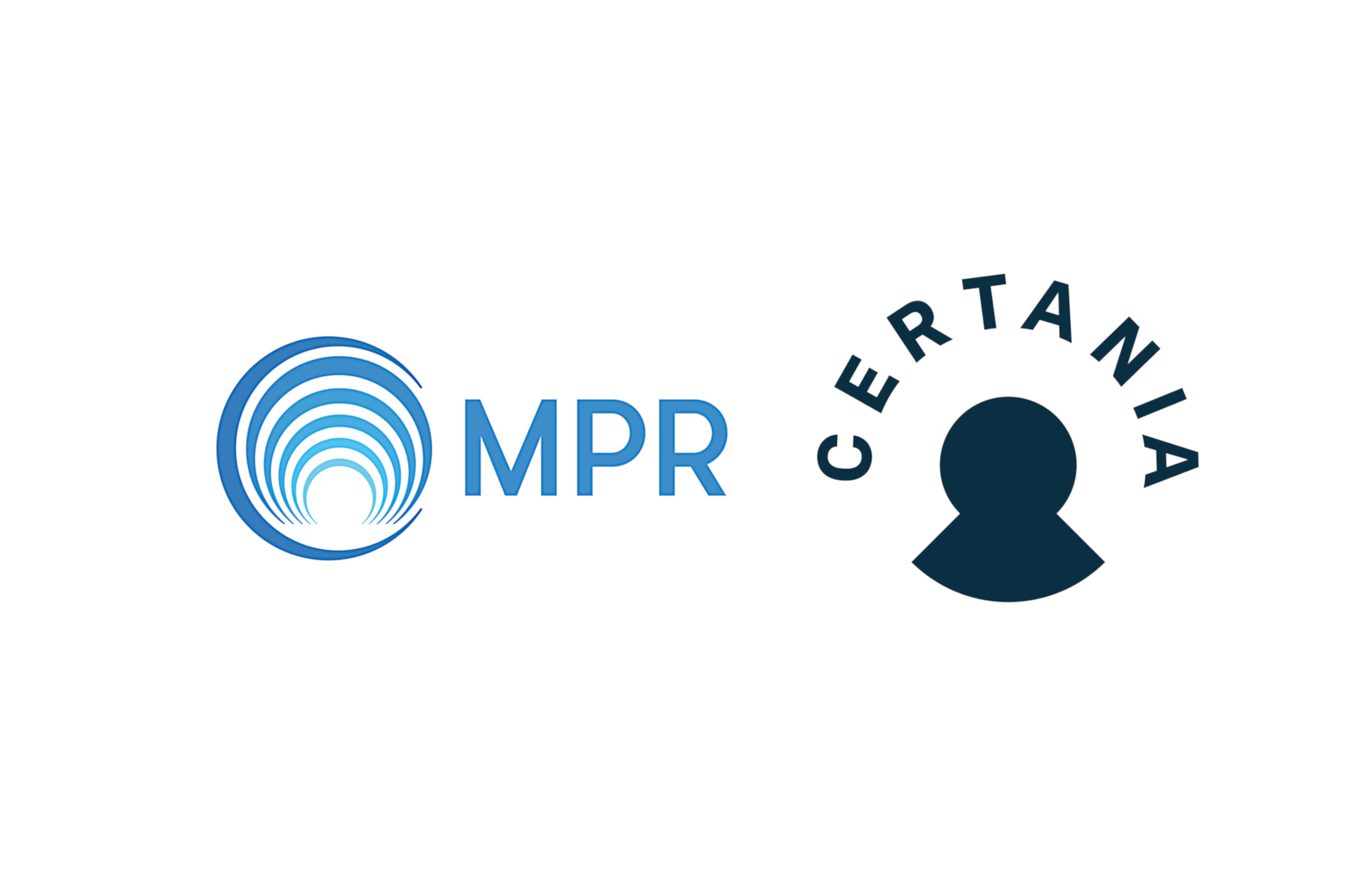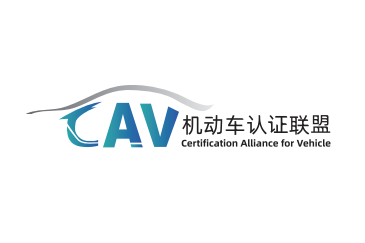Digitalization drives Chinese aviation industry forward
6. January 2022The Chinese aviation industry also wants to take advantage of the ongoing trend of digitalization and use it for sustainable growth. In order to integrate the full range of digital technologies for civil aviation, “smart” industry concepts and inventions will make their way into the 14th Five-Year Plan from 2021 to 2025. This was reported by the Civil Aviation Administration of China (CAAC). Since 2010, China’s civil aviation sector has ranked second in the world in terms of passenger numbers. The aviation industry generates and processes an enormous amount of data in the course of the value chain. Increased digitization is therefore particularly appropriate here. With the application of digital technology, safety, efficiency and sustainable growth can be realized, according to the CAAC. Electrical products and components usually require CCC certification for importation into China to ensure that they meet Chinese quality and safety standards.
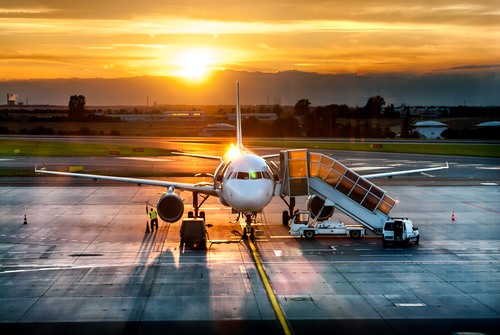
In doing so, the entire industry, air travel, air cargo and customs clearance, should benefit from the integration of next-generation digital technology. The CAAC is actively promoting the introduction of radio wave technology (RFID) for baggage handling, baggage check-in, facial recognition or information terminals, among others. This will enable Chinese airports to expand their baggage handling capacity. According to CAAC, all major airports with more than 10 million passengers annually will be equipped with RFID before the end of this year. CAAC sees further potential for improvement in the provision of in-flight Internet. By incorporating 5G technology, the CAAC has set a timeline for the development and installation of broadband Internet on aircraft. By the end of June 2021, 769 aircraft from 21 Chinese airlines were equipped with in-flight Internet access. According to CAAC data, this represents an 18 percent year-on-year increase.
Products and components for the aviation industry must be awarded a CCC certificate in order for the products to be exported to China or manufactured locally. CCC certification is a complex project that requires professional guidance at all stages. For several years MPR China Certification GmbH has been entrusted with large CCC projects for the vehicle manufacturers Lotus, Tesla and Bugatti. We will be happy to advise you without obligation about the scope and requirements of a China CCC certification.
For more information on how CCC certification, the CCC Self-Declaration and voluntary CCAP or CQC certification may affect your company, or for more information about CCC certification in general, the process, and the associated costs, please visit our website and our News Section where you will find current updates twice a week.
Please do not hesitate to contact us for further details and consultation. You can contact us via e-mail, or call us (UK: +44 2071931135, Rest of Europe: +49 69 2713769150, US: +1 773 654-2673).
Please don’t hesitate to also use our chat-window in the bottom right corner if you have any questions. (Please check your browser settings if you can’t see the window)
You can also check out our free CCC-Brochure, which can be downloaded right here as a PDF file or you consult our book (in English) “A Brief Guide to CCC: China Compulsory Certification”, which can be found directly here on Amazon.
Here you can download our brochure about the CCC Self-Declaration.
Here you can download our brochure about the voluntary CCAP or CQC certification.




